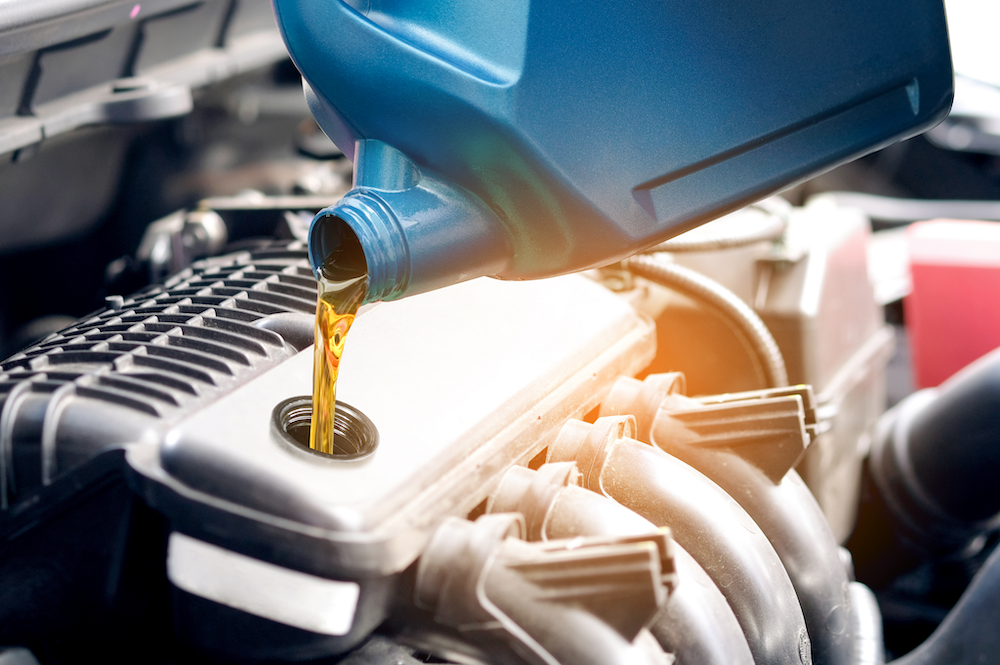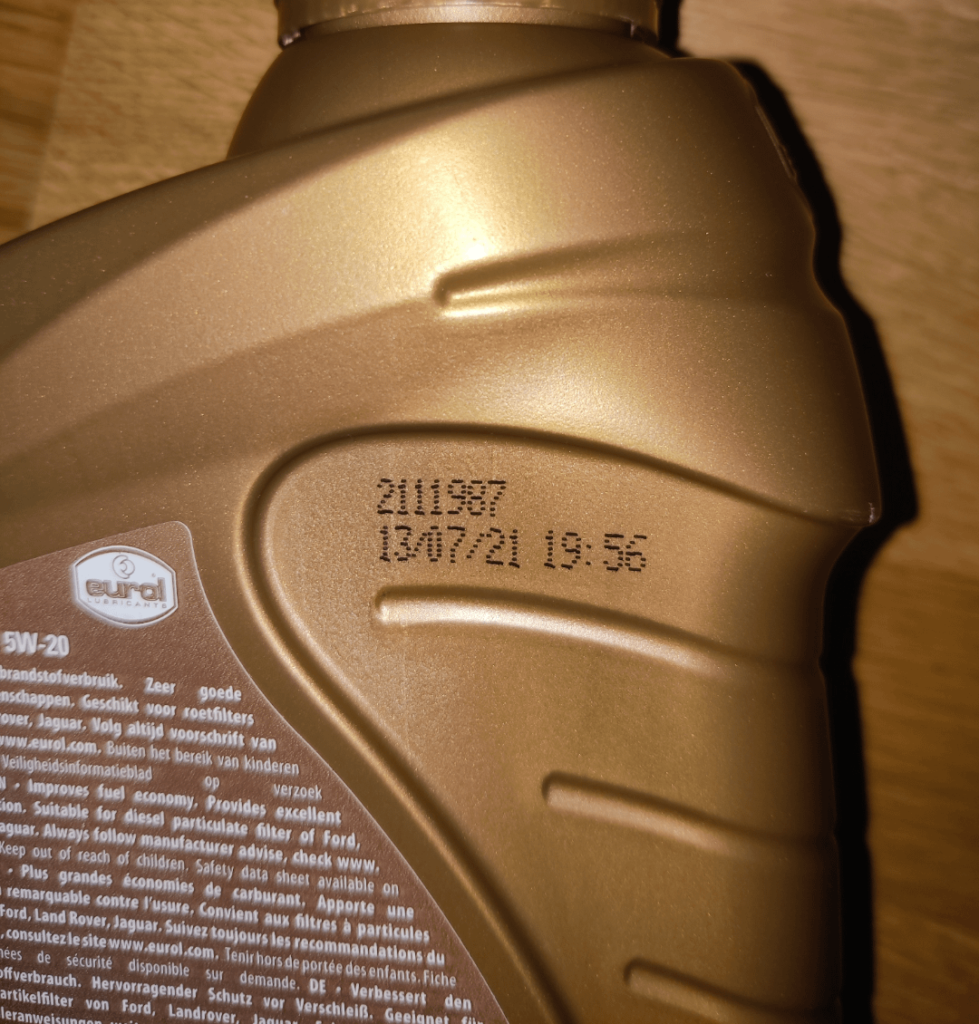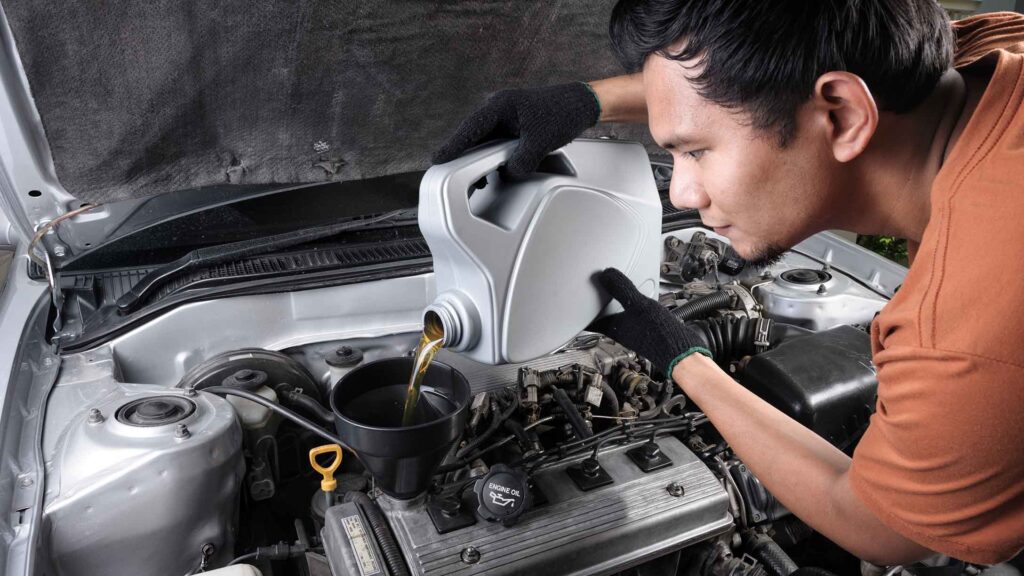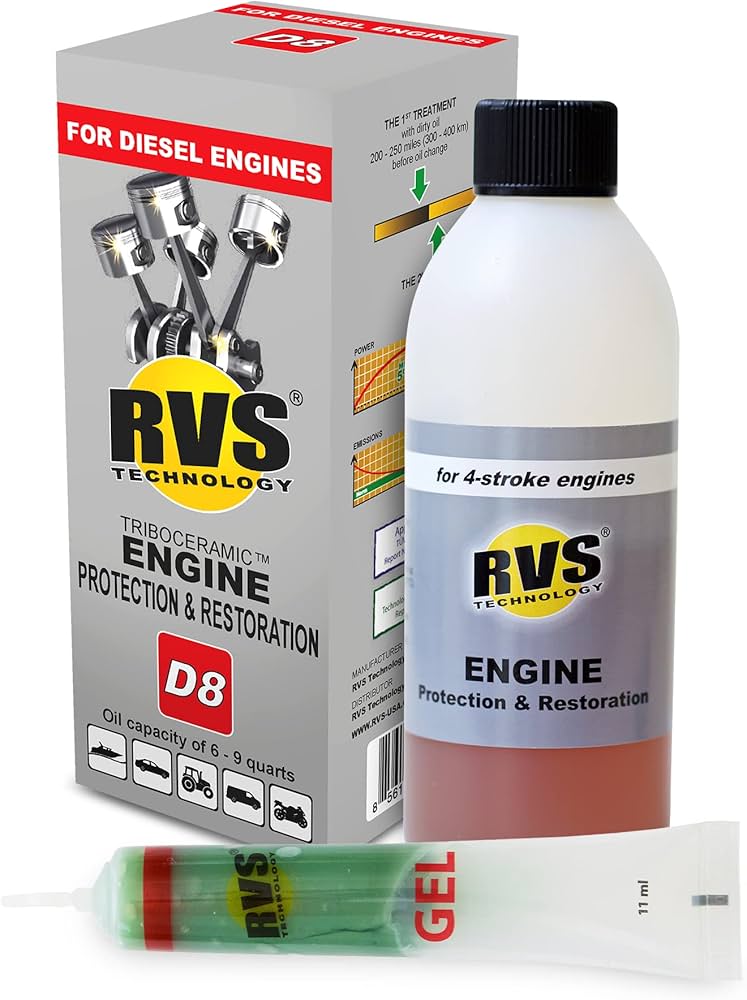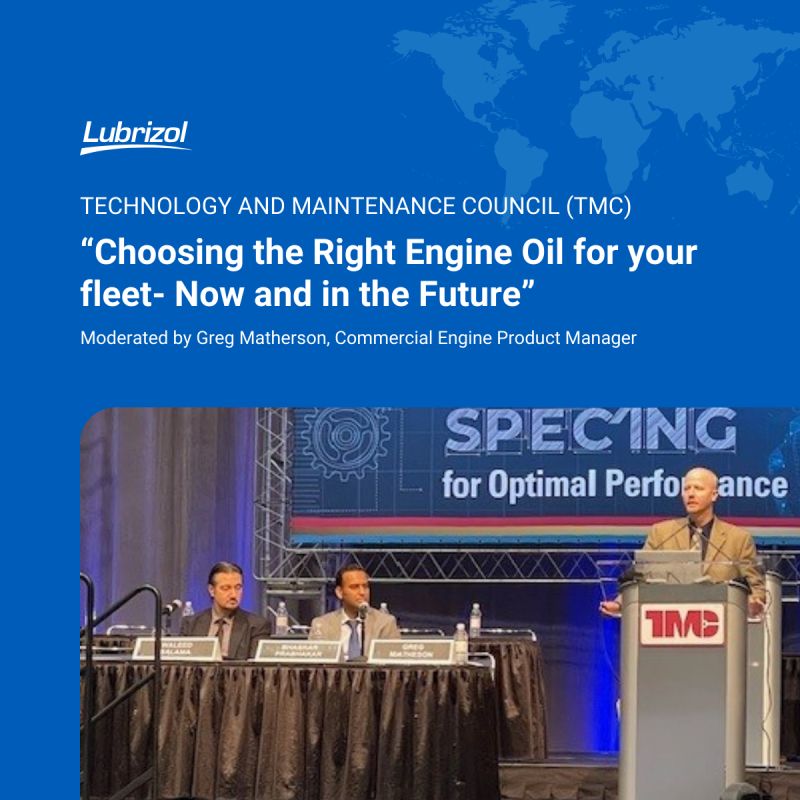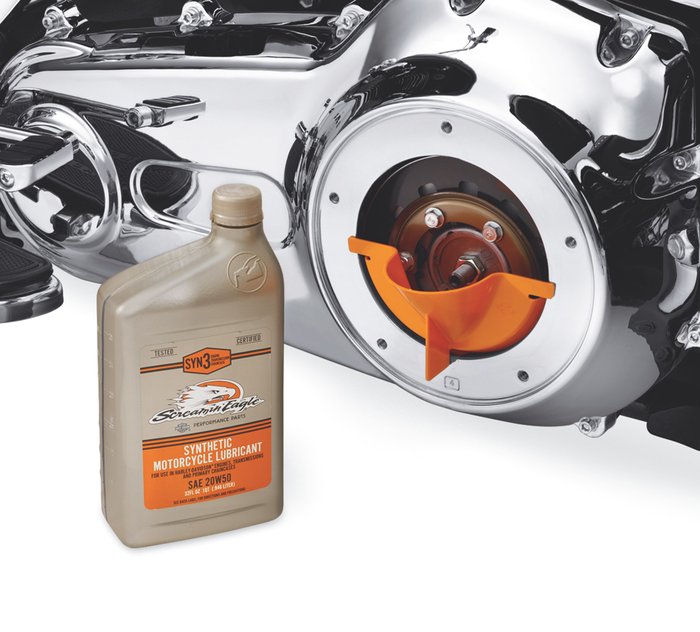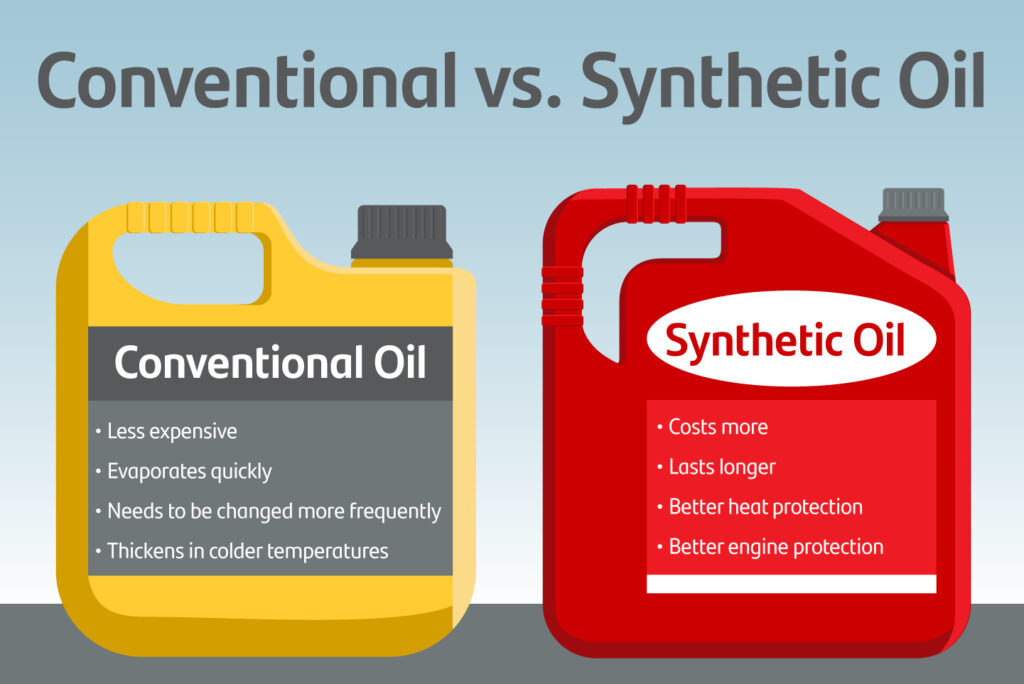How to Apply Engine Oil: Quick & Effective Tips
To apply engine oil, turn off the engine and wait for it to cool down. Locate the oil filler cap and remove it, then use a funnel to pour the oil slowly into the engine. Check the oil level frequently while filling to avoid overfilling. Properly applying engine oil is essential to keep your car […]
How to Apply Engine Oil: Quick & Effective Tips Read More »

